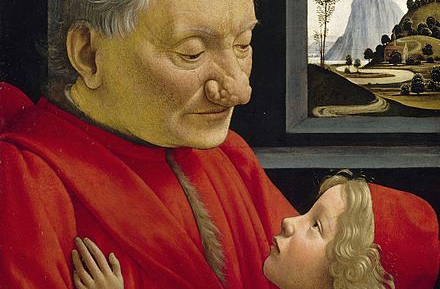To Address Racism
A week ago, I wrote an essay, Learning from Two Astrophysicists. By sheer happenstance, I discovered an interview with Neil deGrasse Tyson. This interview fascinated me, especially because Tyson talked about how to respond to racism. His teacher was his father. This is a short part of the interview.
Tyson’s father said of racists, “They don’t know any better.” And then his father warned Tyson not to get bitter at racial slurs, name-calling, and various forms of inhuman treatment of blacks. Whenever Tyson says something about the cosmos, I accept it as an informed expert. However, I’m pondering his father’s comment about not responding with bitterness. At one level, I think he is correct. However, I’m attempting to thread the needle to avoid bitterness, but what then?

There are several foci about not getting bitter. Initially, my questions began with parsing the term bitter. I’ve used various words when addressing racism. When I get upset, I’ll say that some racist act rattles me. It bothers me to the core. I can’t grasp why cops kill black drivers pulled over for alleged traffic violations. However, I have never used the word bitter when writing or commenting about the original sin of America.

It wasn’t long before Dietrich Bonhoeffer’s name crossed my pondering. Bonhoeffer moved from a pacifist to planning with others to assassinate Hitler during WWII. Tyson’s father didn’t view Bonhoeffer as a bitter person, driven but not bitter.
At another level, Tyson’s father explained the genesis of racism was because “They don’t know any better.” I accept that some people don’t know better regarding their racial bigotry. However, most people are aware that they don’t like blacks.

I understand that being bitter doesn’t solve the question. However, I’m searching for what needs to be done to address racism beyond bitterness. Racism isn’t limited to attitudes that whites have about blacks. It is what whites see in anyone that isn’t white. Back in the early 60s, some whites started grasping racism more fully during the civil rights movement.
Today, white supremacy is a newer and more descriptive word than racism. White supremacists don’t like non-whites. Hispanics, Asians, people from the Middle East, or anyone who isn’t a WASP.
The haunting and remaining question is how to build a more inclusive world. If racists don’t understand, we must teach those who lack that knowledge. Enter two other mentors of mind: George Santayana and Ibn Battuta. Both Santayana and Ibn Battuta will help us to thread the needle to address racism.

Santayana traveled a great deal and authored several dozen books, including The Philosophy of Travel. He wrote, “There is wisdom in turning as often as possible from the familiar to the unfamiliar: it keeps the mind nimble, it kills prejudice....” Santayana also wrote, “A child educated only at school is an uneducated child.” Santayana grasped the benefits of traveling, which educates the traveler. He also saw the value of history. “Those who cannot remember the past are condemned to repeat it.”
Ibn Battuta lived during the 14th century and traveled 75,000 miles throughout Dar al-Islam and the non-Islamic world. He traveled to parts of Europe, the Middle East, Africa, and Asia.

Ibn Battuta saw the value of traveling. Traveling was, for him, a teaching modality. The teacher can learn from traveling. Interestingly, this famous drawing of Ibn Battuta demonstrated learning while traveling.

Ibn Battuta also said, “Traveling leaves you speechless, then turns you into a storyteller.”
Traveling will help us all, including whites, who lack education, to thread the needle of white racism by learning via traveling.
This is the complete interview of Neil deGrasse Tyson.













